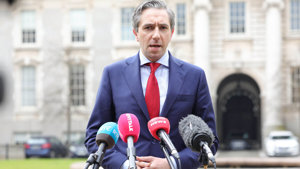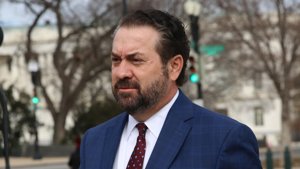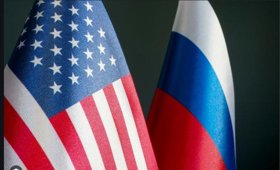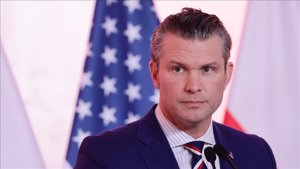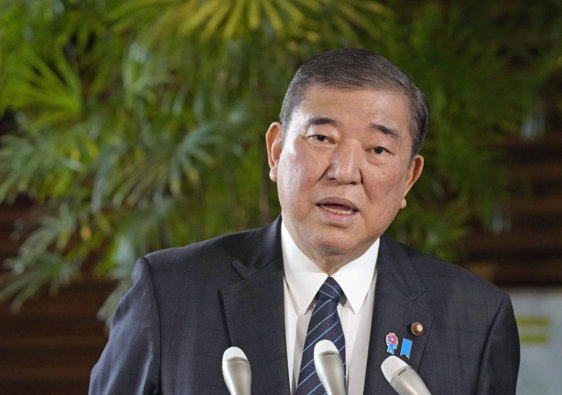
Japan Urges U.S. to End Tariffs
Japan’s top currency diplomat, Masato Kanda Mimura, called on the United States to reconsider its decision to impose global tariffs, including a 24% levy on Japanese goods. Speaking after a high-level meeting on Wednesday, Mimura highlighted the need to address recent market volatility triggered by Washington’s trade move announced on April 2.
“We will strongly urge the United States to exempt Japan from these tariffs,” Mimura told reporters, expressing concern about the destabilizing impact on financial markets. He stressed the importance of stable currency movements that reflect true economic fundamentals, warning that continued uncertainty could harm bilateral economic ties.
Mimura also confirmed that Japan has engaged in discussions with the U.S. Treasury Department, seeking to reinforce cooperation during what he described as “uncertain times.” The talks aim to find common ground on trade and financial stability, ensuring that both nations can navigate market fluctuations collaboratively.
Meanwhile, Japanese Prime Minister Shigeru Ishiba has agreed to launch formal trade negotiations with the U.S., signaling Tokyo’s commitment to resolving trade tensions through dialogue. The initiative reflects Japan’s broader strategy of protecting its export-driven economy while maintaining strong ties with its largest trading partners.
The new tariffs imposed by the United States form part of a broader global trade policy shift under President Donald Trump’s administration. The policy aims to correct trade imbalances and promote domestic manufacturing, though it has sparked international backlash, particularly from allied economies such as Japan.
For Japan, the stakes are high. Approximately 60% of Japan’s exports to the U.S. are now affected by the newly imposed tariffs. Economic analysts warn that if no resolution is found, Japanese industries such as automotive, electronics, and machinery could suffer significant losses.
In concluding his remarks, Mimura reiterated Japan’s intention to work with the U.S. constructively. “We must find solutions that support fair trade and financial stability,” he said. As negotiations unfold, both sides appear willing to engage, though the path to resolution remains complex.



